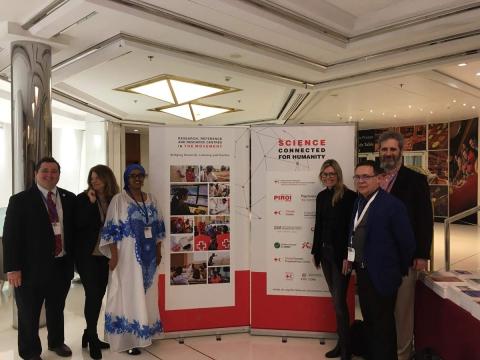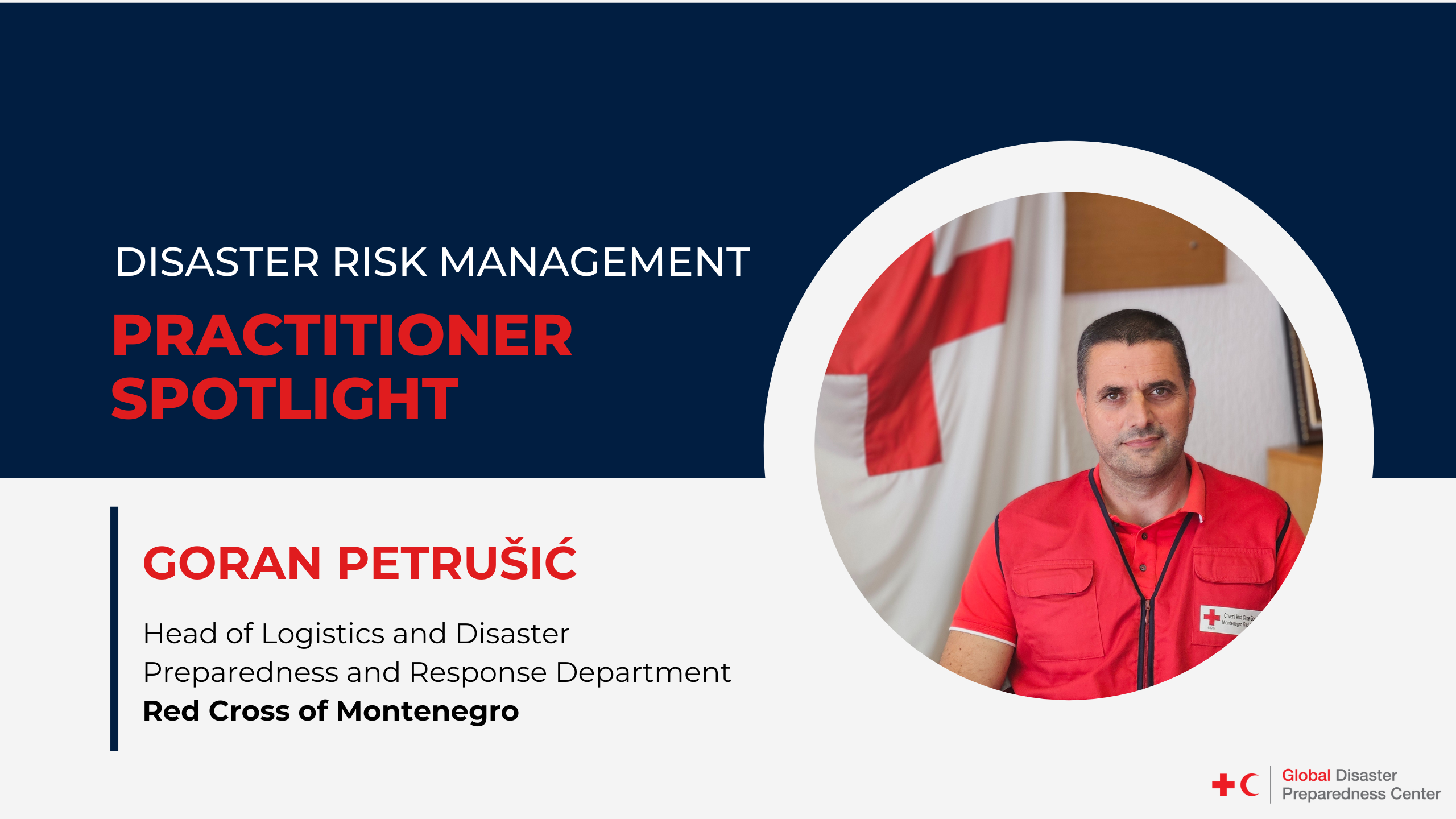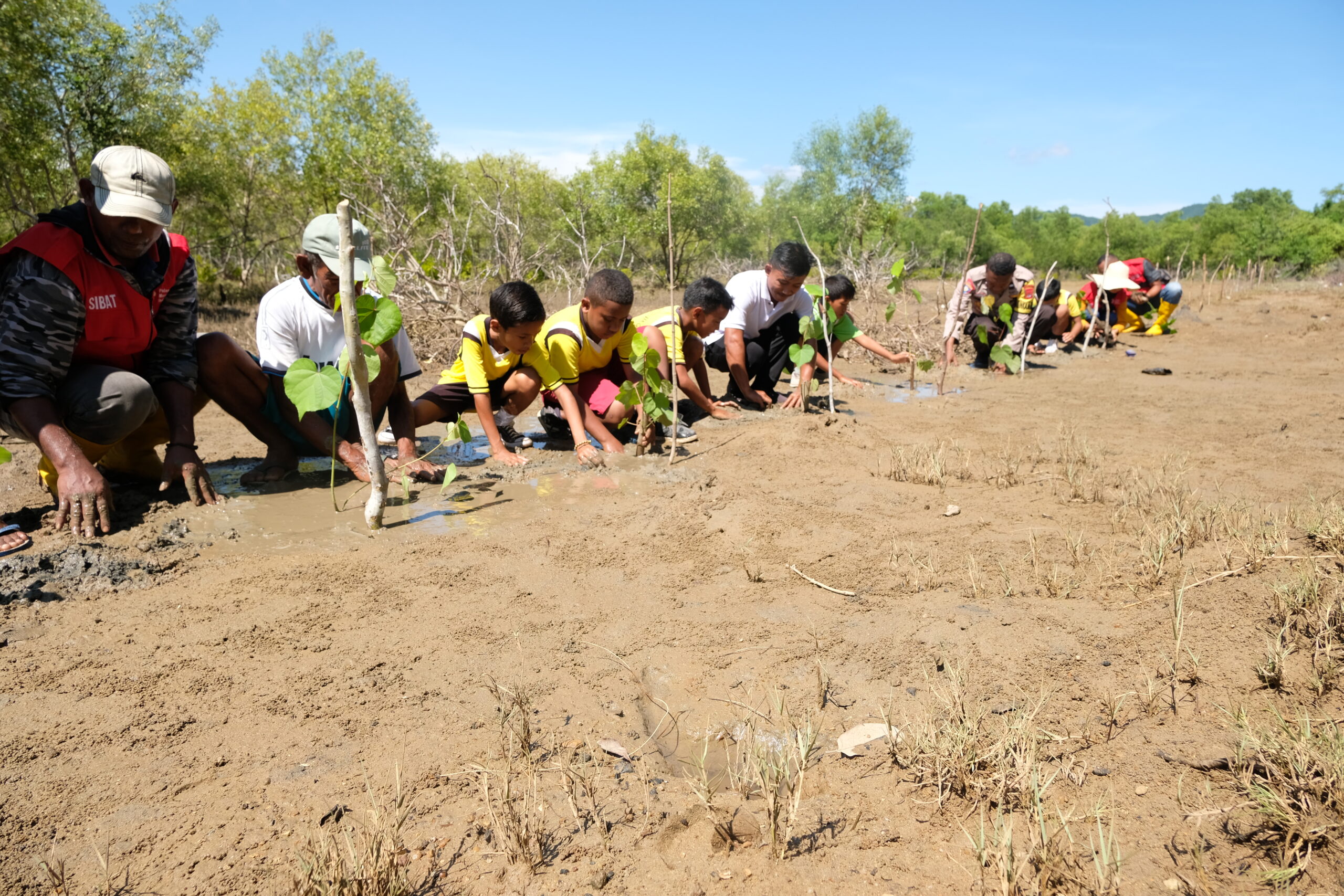Health and Climate Change: Taking Care of the Humanity at +2°C

Originally publish on March 2019. View
The World conference on Health and Climate Change organised by the French Red Cross took place in Cannes on 15 and 16 April 2019.
To mark one hundred years since the foundation of the International Federation of Red Cross and Red Crescent Societies, France has organised the first ever “humanitarian COP”. Discussions were made around the latest scientific research, and innovative solutions designed to meet the greatest public health challenge of the 21st century.
Changes to the climate have already started impacting human health, and the projections are alarming. Even if the COP21 Paris Agreement’s ambitions for climate change are met and the planet warms by no more than 2°C, there will still be consequences – some of them severe – for human health. Every country in the world, from north to south, is affected by this issue and must adapt, not least to protect their most vulnerable citizens.
Over two days covering everything from urban heatwaves to epidemics, disasters, mass migration, malnutrition, conflict and mental health, the attendees heard from international experts’ and NGOs’ perspectives, the initiatives under way and eyewitness testimonies in an attempt to formulate tangible, innovative adaptation solutions and raise awareness among citizens and public and private sector decision-makers of the need to prevent, prepare and take collective action.
At the venue more than 400 international experts and field operatives participated in 15 conference-debates, a project area, a virtual reality studio, film projections, photo exhibits and more.
Speakers included: Professor Sir Andy Haines (Chairman of the Commission On Planetary Health), Nick Watts (The Lancet Countdown), Diarmid Campbell-Lendrum (WHO), Virginia Murray (Public Health England), Mihir Bhatt (All India Disaster Mitigation Institute), Maarten K. Van Aalst (The Red Cross and Red Crescent Climate Centre), Dr Githinji Gitahi (Amref Health Africa), Laurent Fabius (President of the Constitutional Council, former President of COP21), Lionel Zinsou (SouthBridge), Philippe Quénel (EHESP School of Public Health), Dorothea Hilhorst (International Institute of Social Studies), Susan Clayton (IPCC), etc.

Representatives of the Reference Centers of the Red Cross Red Crescent Movement leaded workshops and presented conferences regarding topics on how Science is connnected for Humanity. Follow the thread with #ScienceConnectedforHumanity.
Lessons Learned :
Supporting Materials :




